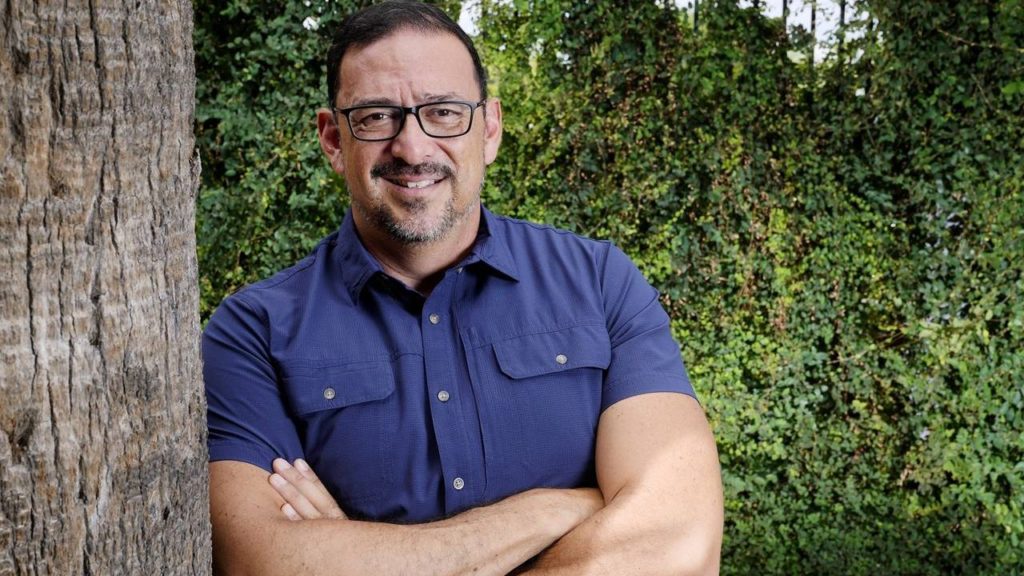
This year’s election-denier candidates – candidates who deny the results of the 2020 election – have put Latino candidates such as Adrian Fontes, the Democratic candidate for secretary of state in Arizona, in the spotlight against fallout from former President Donald Trump’s lie that he won the 2020 election.
Fontes is running for the job that oversees elections in Arizona. His opponent, Mark Finchem, a Republican state legislator, is a 2020 election denier and self-identified member of the far-right militia group Oath Keepers.
“My opponent poses a significant threat, a real and present danger to our democracy,” Fontes told NBC News. “He’s the last person you want to be the keeper of the seal of the state of Arizona.”
In Nevada, Democrat Cisco Aguilar, an attorney, and businessman, is in a tight race against republican Jim Marchant, who has said that the 2020 election deniers convinced him to run for secretary of state. Another Democrat in Nevada, Sen. Catherine Cortez Masto, the only Latina member of the U.S. Senate, is in a tight race against Republican Adam Laxalt, who has said the 2020 election was “rigged.”
The election denial narrative has gained momentum as the Latino population and its electorate has increased. This coincides with laws mandating voter identification after the high turnout of Latino voters for former President Barack Obama. A recent tracking poll for the National Association of Latino Elected and Appointed Officials found nearly 38% of Latinos believe it’s true or primarily true that there was cheating and election fraud in 2020 and that Trump was the election’s true winner.
There are also a handful of Latino Republican candidates who are election deniers. For example, Anna Paulina Luna, a Republican running to represent Florida’s 13th district in the House, has said that she does not believe Joe Biden is the legitimate president.
Election denials have already snowballed into more voter restriction laws, and candidates are linking border security to election fraud by immigrants not in the country legally. Last year, Texas passed an election law requiring its secretary of state to review voter rolls and verify voters’ citizenship status. A judge then had to order the office of the Texas secretary of state to release the data, including how many legitimate voters had been wrongly flagged.
Unsupported and false claims that immigrants are stealing elections, according to Democratic strategist Kristian Ramos, illustrate how “our community is demonized,” as Latinos have become the “bogeyman” in the election-was-stolen narrative.
Even though the rigged election lie influences people, some groups believe the right-wing stakeouts could backfire. Chris Torres, political director for the progressive MoveOn.org, says the group’s efforts have “become so much more alive” since news of the stakeouts became public.
The group has recently been focused on educating potential voters on the roles of each candidate and the race itself. However, with the spread of vigilantes explicitly targeting specific groups, “we started talking to people at the door and the conversation has been easier, become more real about the threat to their vote,” Torres explained.
Alex Gomez, executive director of Living United for Change in Arizona, a group that mobilized against Arpaio and Trump, said there is a need for information and facts among Latino voters, whom the group has been connecting with as it tries to turn out voters.

Recent Comments